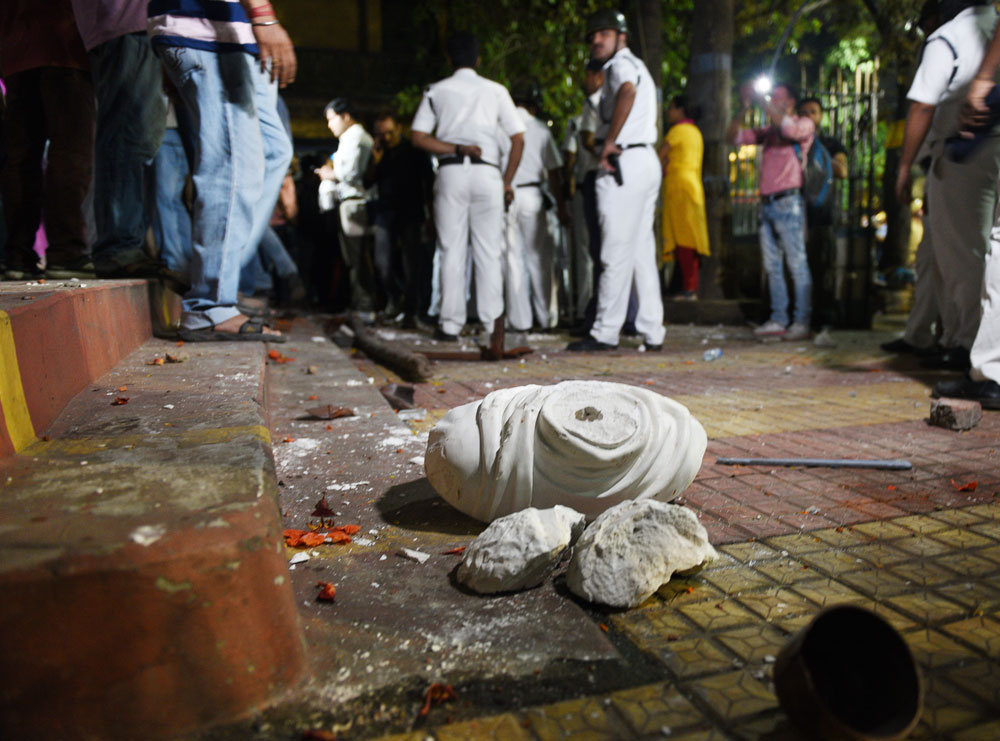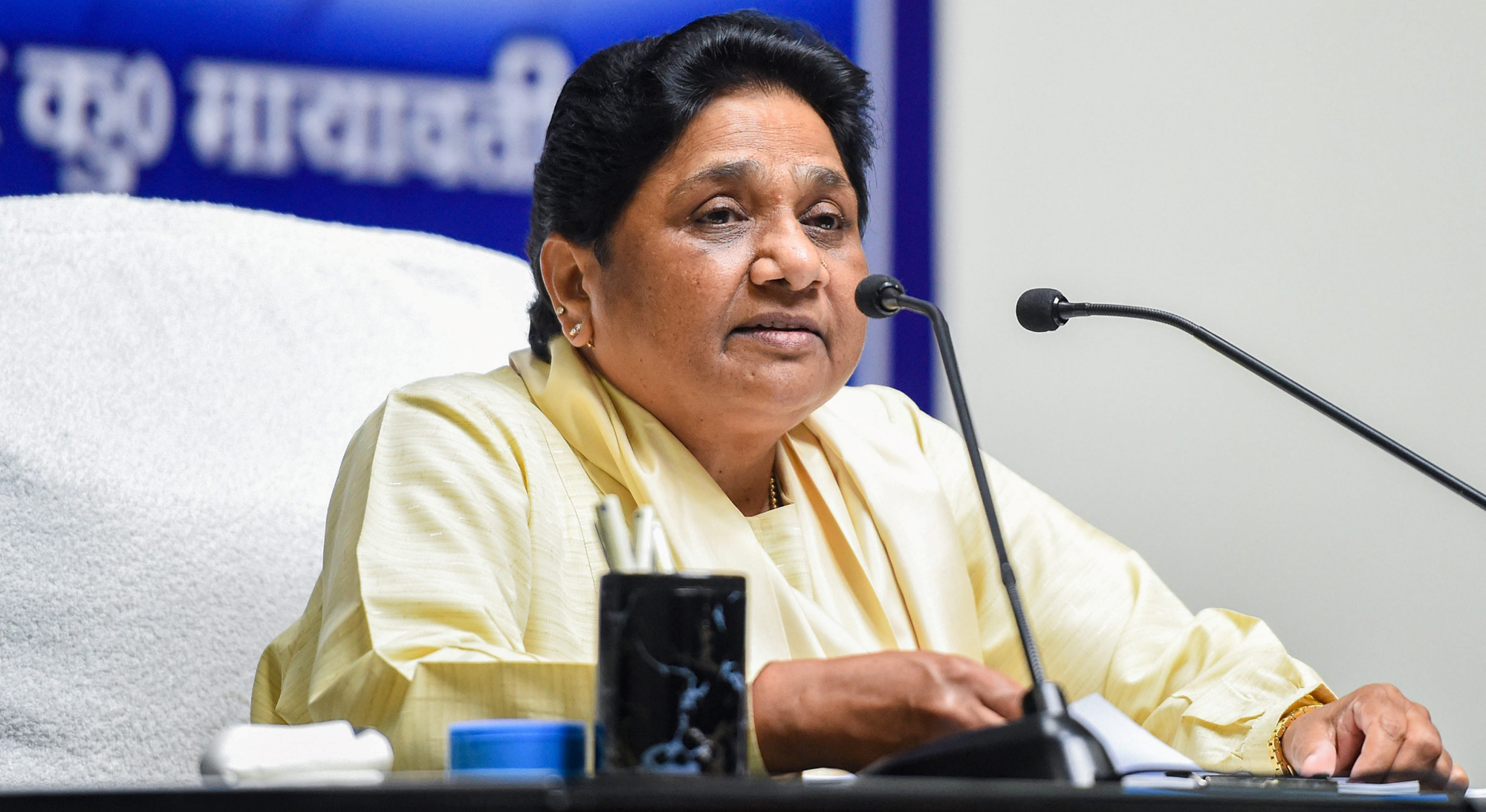A long and rancorous electoral season has drawn to a close. India’s general elections for the 17th Lok Sabha were staggered over seven phases. More than a month separated the first and final dates of polling during which over 67 per cent of voters exercised their franchise. Such a long-drawn-out election offered the competing parties ample opportunities to vitiate the atmosphere not only with bitter words but also corresponding action. Yogi Adityanath, the chief minister of Uttar Pradesh and the Hindutva mascot of the Bharatiya Janata Party, and Mayawati, a prominent leader of the Opposition, were punished with temporary bans on campaigning by the Election Commission for violating the model code of conduct. In Bengal, campaigning for the last phase was curtailed on account of violence during which BJP supporters vandalized a bust of Ishwarchandra Vidyasagar. Worryingly, institutions considered to be guardians of democracy did not remain immune to internal squabbles either. There were rumbles within the EC itself about its treatment of the complaints of violation of the poll codes against the prime minister and the president of the BJP. The scrutiny on the EC’s neutrality added to the general ambience of mistrust and animosity among political parties and their supporters.
The consequences of such resentment can be portentous. A polarized political discourse, for instance, can deflect public attention from issues that should ideally decide the outcome of polls in a democracy. If the predictions of exit polls are any indication, then it would appear that the people have prioritized perceived security threats over gargantuan crises in the economy, the informal sector, agriculture, India’s pluralist social fabric, the degraded environment, to name only a few of the stricken constituencies. Narendra Modi’s dismal performance in these segments was thus cleverly pushed under the carpet by a shrill, nationalist narrative. There is another implication of frayed political relationships within the democratic model. A democracy functions on the principle of consensus. The mudslinging between the government and the Opposition has resulted in a marked decline of civility in India’s political ethos. The outcome of the elections would be evident soon. But this election has left behind several questions that must be reflected upon for the sake of the health of Indian democracy.












